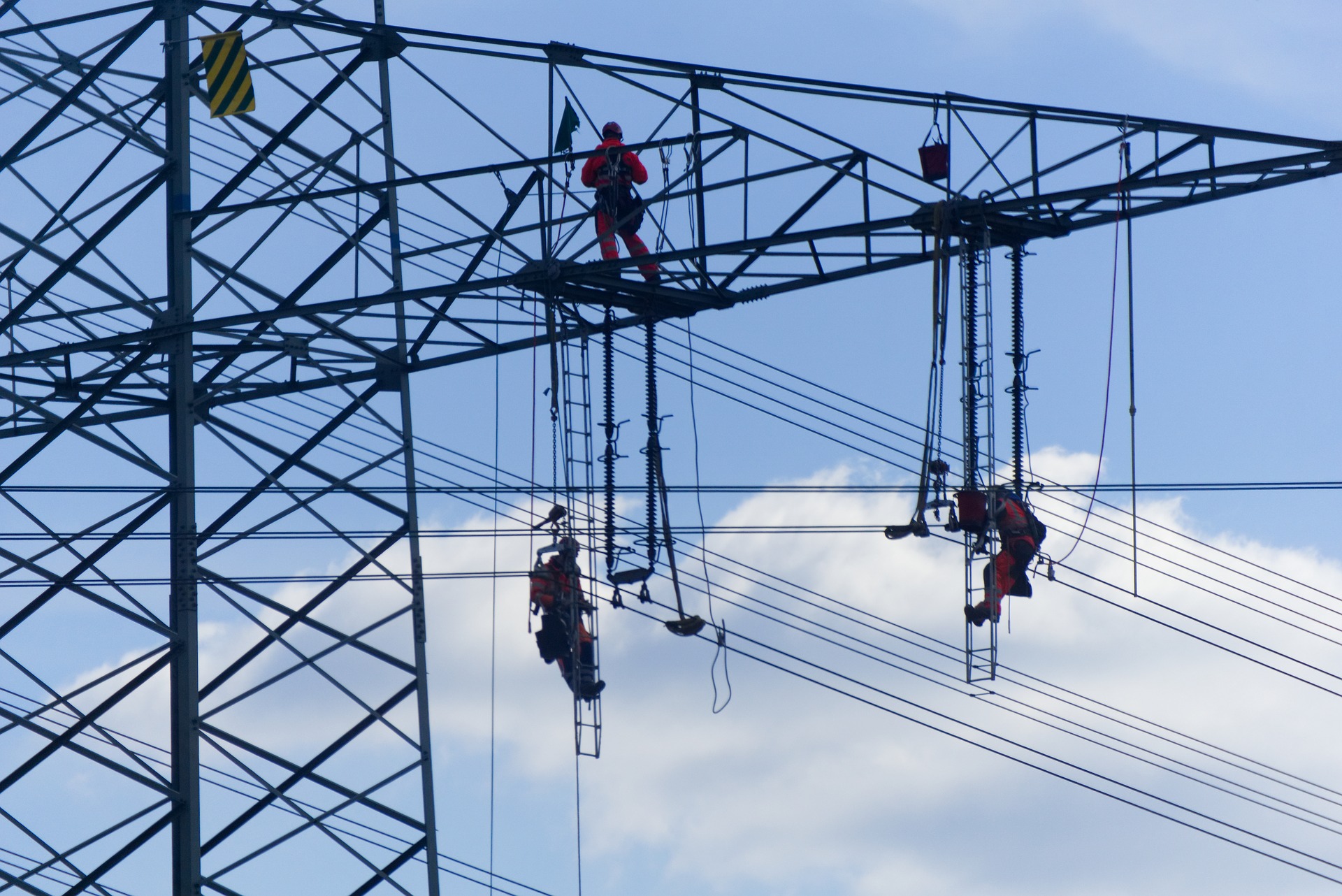German parliament passes law on faster grid expansion to ensure renewables growth
Germany’s federal parliament (Bundestag) in Berlin has passed legislation to accelerate the construction of electricity grid connections by streamlining and simplifying approval procedures. Despite faster and less complex procedures, the law also provides for early citizen participation in grid infrastructure projects, economy and energy minister Peter Altmaier said.
“This is a big success and will bring the energy transition another important step forward,” the minister commented after parliament had passed the law with the CDU-CSU and SPD coalition’s majority support.
MP Ingrid Nestle from the opposition Green Party (whose members abstained from the vote) said that while the law included some good measures to ensure faster grid expansion, it was now even more “absurd that the government was stepping on the breaks when it comes to expanding solar PV and wind energy.” “In a few years we will have the grid but not the renewable electricity to fill it with,” she said.
Germany is in dire need of refurbishing and newly constructing some 7,500 kilometres of power lines to ensure that renewable energy, which is often generated in northern, rural regions, can be transported to the industrial west and south of the country. The absence of power line capacity already leads to blockages in the grid system that trigger costly grid stabilisation procedures (1.4 billion euros in 2017). The large new north-south direct current power connections will become even more important once the last nuclear power plants in southern Germany close down in 2022. With the new ‘acceleration law,’ the energy ministry wants to make certain that the necessary lines are completed by 2025.
Grid operators propose thousands of kilometres of new lines to meet green energy needs
Energiewende hinges on unblocking the power grid
To ensure smoother planning processes and tone down public opposition, the new law provides for higher and harmonised compensation payments to farmers who will have underground cables or power line pylons on their land, and offers premiums if planning procedures are fast-tracked. Stefan Kapferer, head of the German Association of Energy and Water Industries (BDEW), applauded the ministry for not giving in to farmers’ demands for recurring payments, which would have made the building of new power lines more expensive.
The bill also includes adapted rules on ‘re-dispatch’ measures, which are used to stabilise the grid when an imbalance of electricity production and consumption occurs due to bottlenecks. New rules on coordination between the operators of large transmission grids and regional distribution grids give the latter more flexibility to balance supply and demand within their own systems, Katherina Reiche, head of utility association VKU, said.

